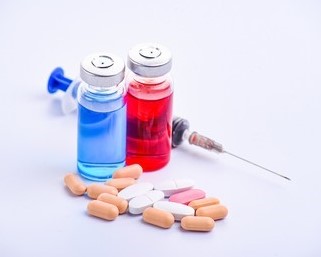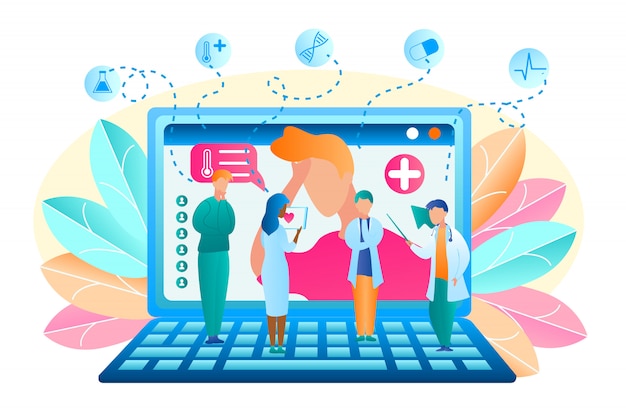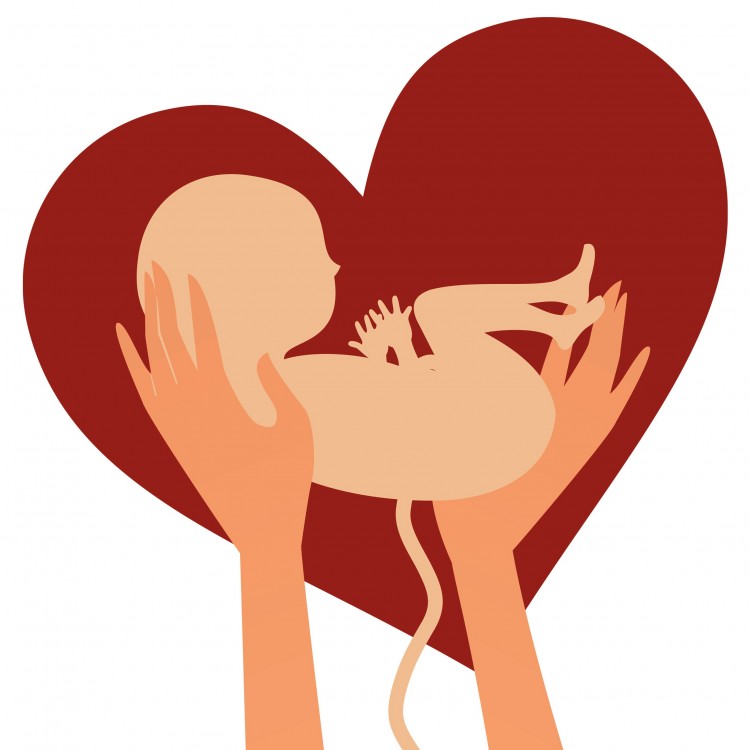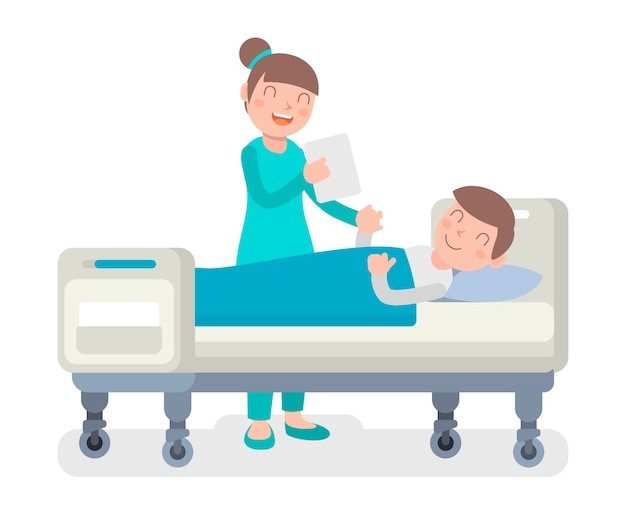
The student will be able to describe details of drugs and chemical agents used in patient care , storing and administering them effectively to patients and observe the results and take prompt action if necessary. Further student will learn to appreciate the responsibility of a nurse in the safe custody of drugs, describe the patent and chemical names, dose preparations and side effects of the various drugs used in diseases, make appropriate reports and records of drugs and initiate prompt steps to counteract toxic/ unwanted effects if any and describe legal implications of drug administration.

This module comprises of two components which are introduction to information technology and management of patient database. In this module, student will learn how to use a computer, basic commands of a computer and managing basic database systems in a computer, how to create a patient data base using an appropriate data storage program in a computer , how to update such data bases and how to retrieve the information when necessary for patient treatment and management.

Students will acquire the knowledge to identify the needs and problems of the health and sick children and develop desirable attitudes and skills in giving care of children in the prevention of diseases, promotion and restoration of health in all settings. The student is able to assess the growth, development and needs of a normal child and recognize the deviation from normal. Further, this module helps to gain knowledge in common diseases of childhood and care of child with disability.

This module is designed for students to appreciate the concept and principals of obstetrics nursing and help them to acquire knowledge, attitudes and skills in rendering nursing care for normal and high-risk pregnancies during antenatal, intrapartum and postnatal periods. Students are able to gain an understanding of physiological and psychological changes during pregnancy and its’ deviations. Overall, this module will help students to achieve the ability to plan, implementation and evaluation of total nursing care for maternity.

Statistics - Different methods of summarizing and presenting data and application of them in nursing and appropriate statistical methods, principles of sampling and sampling methods and other statistical parameters.
Epidemiology - Basic epidemiological concepts and their application, epidemiological techniques to examine frequency, determinants and distribution of diseases, ill health conditions and health care services related to nursing.

Clinical placement- Central Sterilization Supply Division (CSSD) , Blood bank ,Ear Nose and Throat (ENT) unit , Ophthalmology Unit , Gynecology, Obstetrics wards and Labour room, Trauma and Accident service Unit, Pediatric wards, Neonatal Intensive Care Unit(NICU)/ Premature Baby care Unit(PBU)